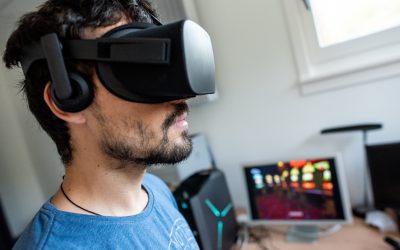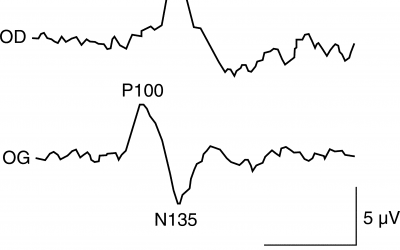Laboratory of
Medical Psychology
and Addiction
Laboratory of
Medical Psychology
and Addiction
Presentation
The Laboratory of Medical Psychology and Addictology is a research unit attached to the Medicine Faculty of the ULB, but located in the premises of the Institute of Psychiatry and Medical Psychology CHU Brugmann, which greatly facilitates the interactions between clinical and research teams.
Historically, its main activities were oriented towards alcoholism and public health programs.
Today, he leads from the front of structured research in several areas:
The addiction is one of its strengths. The activity centered initially on alcoholism, was gradually extended to the problems of tobacco, cannabis, “hard drugs” and, more recently, behavioral addictions (gambling, addiction, etc ….). Today, we turn to the study of addictive behaviors using modern analytical techniques of brain function : cognitive evoked potentials, functional magnetic resonance, eye tracking, polygraphy.
A second main research involves the pathophysiology of sleep. In particular, we focus on the relationship between sleep quality, sleepiness and fatigue.
We are involved in long-term cooperation activities concerning mental health programs. As such, we have taken action in Vietnam, Cambodia, Tunisia, and now in Congo. Currently, a collaboration between our laboratory and the University of Monastir, Tunisia aims to test the interest of the use of neurostimulation techniques in the context of the cessation of smoking.
News
De la réalité à la réalité virtuelle: quelle utilisation en psychiatrie?
Notre laboratoire se lance dans la réalité virtuelle avec l'espoir de modifier certaines réponses conditionnées telles que le désir et la motivation à jouer aux jeux de hasard et d'argent ainsi qu'à consommer de l'alcool. En 2018, la fondation IRIS a soutenu un projet...
Les potentiels évoqués pour aider à la prise en charge de l’alcoolisme
Un article de revue récent publié par le Pr Campanella et ses collègues fait le point sur la question
How neuroscience can lead to better understanding of politics in our democracies?
Decisions on matters affecting the group by a member of that group (e.g., decisions on a political choice) engage a mix of cognitive and emotion-based resources. Political decision-making involves rationality, but also empathy, intuition, compassion, morality and...



